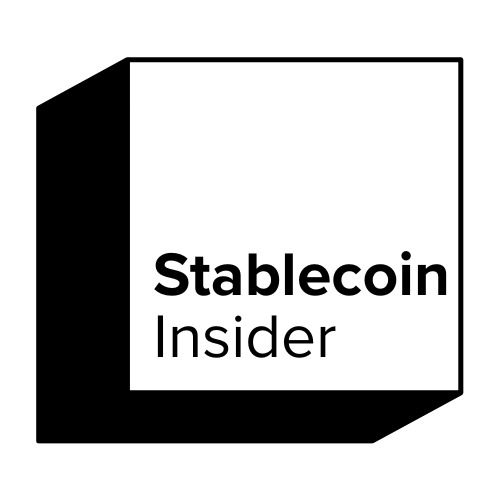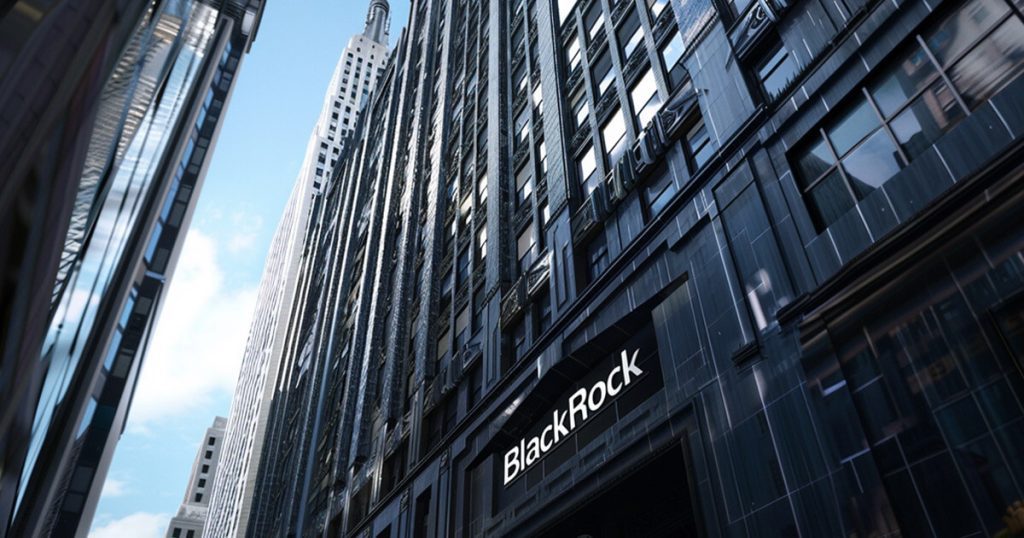
BlackRock’s USD Institutional Digital Liquidity Fund (BUIDL) further strengthens its position in the digital asset space as Frax Finance has approved the fund as collateral for its upcoming frxUSD stablecoin, according to a January 2 statement. It is said that it has deepened.
exchange usd
frxUSD is Frax Finance’s newly rebranded stablecoin offering direct fiat redemption and enhanced regulatory compliance.
Sam Kazemianfounder of Frax Finance, said:
“frxUSD combines the transparency and programmability of blockchain technology with the reliability and stability of BlackRock’s leading financial services.”
With this partnership, BUIDL will serve as the primary reserve asset and support the minting and redemption of frxUSD. The stablecoin will be supported by assets managed within BlackRock’s BUIDL, including cash holdings, US Treasury bills, and repurchase contracts.
This structure ensures robust transparency, with all transactions recorded on-chain. Additionally, it introduces a unique fiat currency on-off ramping feature, seamlessly connecting traditional decentralized financial systems.
BUIDL’s expanding horizons
BlackRock’s BUIDL Fund has emerged as a leader in the tokenized real-world assets sector, with over $400 million under management.
Over the past few months, BUIDL has expanded its reach beyond Ethereum to blockchains such as Polygon, Arbitrum, Avalanche, Optimism, and Aptos. It also supports other projects such as Ethena’s USDtb stablecoin.
Efforts are also underway to further integrate the fund into the crypto environment through partnerships that position the fund as collateral for derivatives transactions on centralized exchanges.
These developments are consistent with BlackRock’s strategy to make institutional-level investment options more accessible through a decentralized platform.
BUIDL’s growth is not surprising given that tokenized real-world assets like U.S. Treasuries are gaining increasing traction across the blockchain ecosystem.
According to Dune analytics data, more than $3.5 billion of these assets have been tokenized on networks such as Ethereum, Solana, and Polygon. This increase in adoption reflects the financial sector’s continued shift towards blockchain-enabled solutions.
Securitize CEO Carlos Domingo said:
“Tokenized real-world assets are a great bridge between traditional finance and finance. decentralized Deliver institutional-level investing on-chain with unprecedented transparency and efficiency. ”
mentioned in this article

